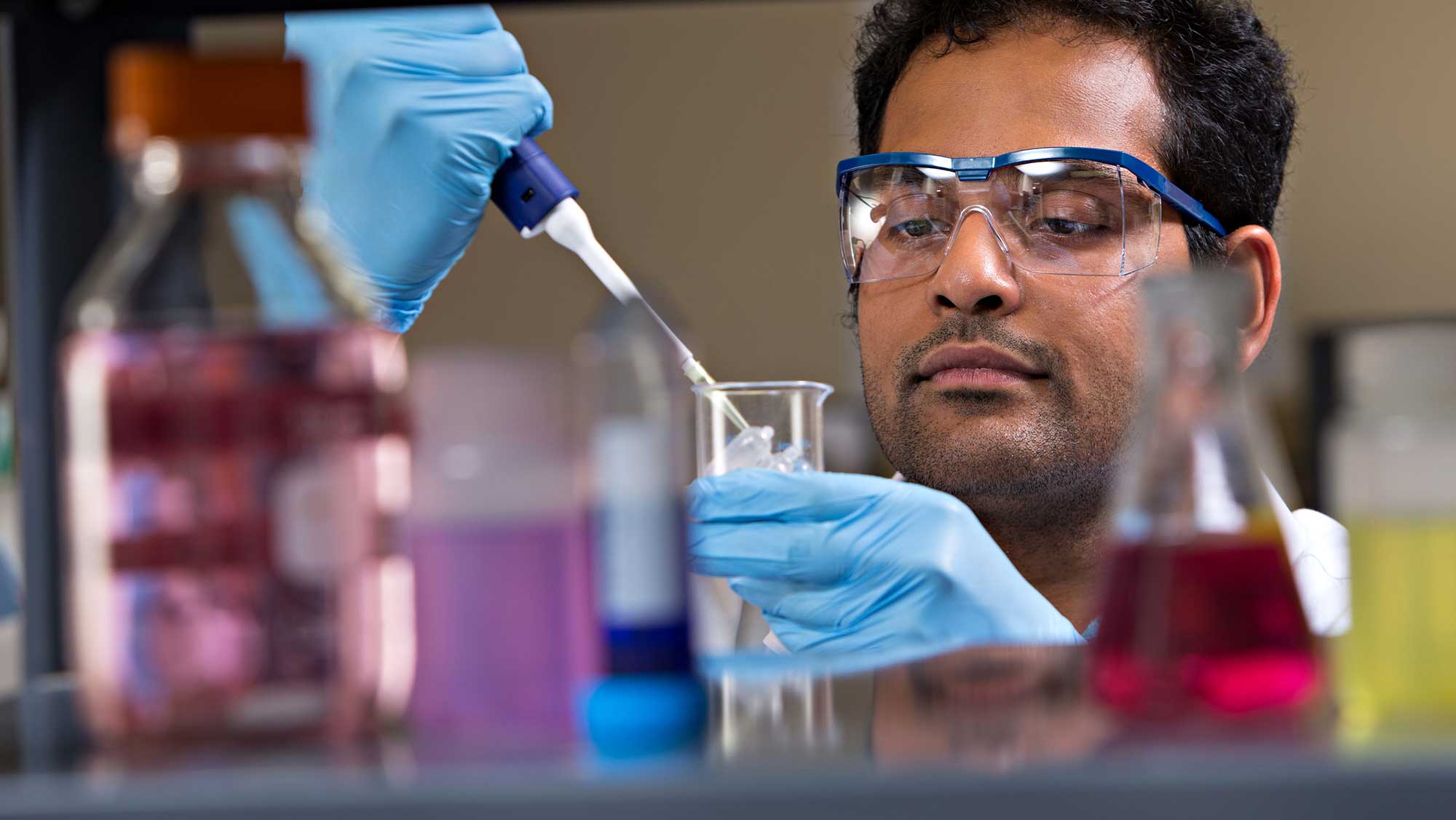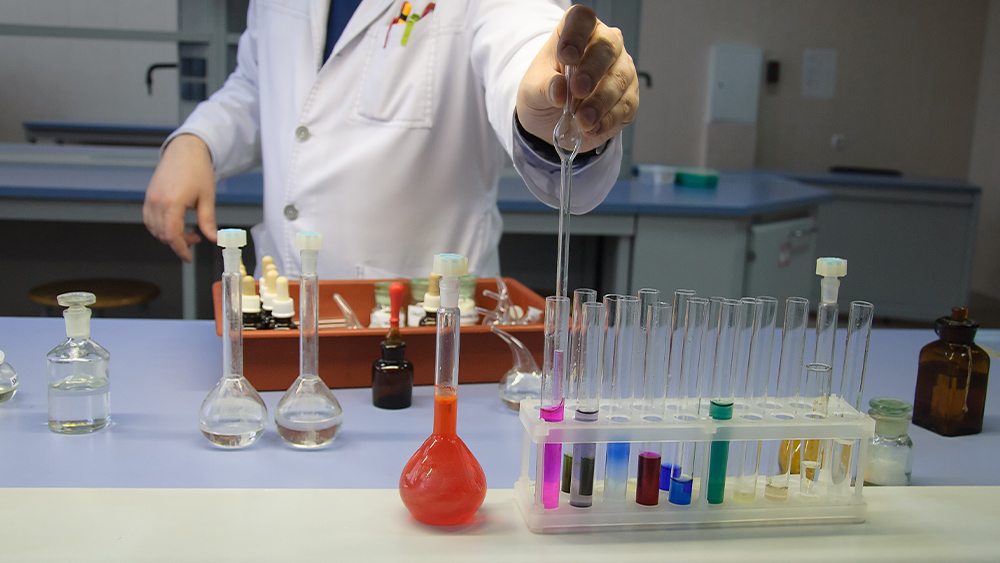Doctor of Philosophy in Chemical Engineering
Department of Chemical Engineering at Texas A&M University offer students unique educational and research experiences. Students are provided opportunities to work closely with renowned faculty, visiting scholars and industrial partners, creating a stimulating environment for researchers.
All of the Ph.D. students in the department are fully funded with a generous stipend, medical benefits, tuition and fees.

Overview
-
The PhD program in Chemical Engineering at Texas A&M University is a research-intensive program tailored to equip engineers with the skills and knowledge necessary for successful careers. The department’s faculty members are engaged in a wide breadth of research areas. Graduates are prepared for careers in industry, academia, national labs and are expected to contribute significantly to their field through original research and academic publications.
-
Credit Requirements: To earn a PhD, students must complete 96 credit hours beyond a baccalaureate degree or 64 credit hours beyond a master’s degree. This total includes substantial research credits (CHEN 691).
Coursework: PhD students must complete at least 29 hours of formal coursework beyond the baccalaureate degree. This coursework is divided into required courses and electives, allowing for a tailored educational experience.
Steps to Degree Completion:
- Advisor Selection: Advisor selection will be held in the Fall semester for students who are not pre-assigned to a research group at the time of admission. Students will attend a variety of seminars to become familiar with the available research projects.
- Degree Plan: Students will select their Advisory committee and file their degree plan by the end of their first year.
- Proficiency Exam: Students should complete the Proficiency Exam satisfactorily. This assessment determines the student’s grasp of core chemical engineering knowledge and research capabilities. The exam will take place at the end of the spring semester in May each year.
- Preliminary Exam: Students will complete the Preliminary exam by the end of their third year.
- Research Proposal: Students will submit their Research Proposal to the Graduate School after successfully passing their preliminary exam.
- Departmental Presentation: Students must complete two presentations (Oral or Poster) before thesis defense. This may be at a national conference, ChEGSA Symposium, or a departmental poster presentation event.
- Publications: To encourage and foster scholarship, students should at the time of the thesis defense have two papers that are accepted/in press/in print.
- Final Examination and Dissertation: Students will request, defend their dissertation, and submit their dissertation by the University level deadlines.
-
Ph.D. students currently receive a stipend of $34,000 per year. In addition to a stipend, the cost of tuition, all fees and health insurance are provided. On average a Ph.D. student is responsible for a few one-time fees their first semester plus any optional services selected (parking, sports pass, etc.) in future semesters.
Applicants do not need to contact a faculty member to be considered for the program. All applications are received for admissions to the program as a whole. Decisions are made on a rolling basis; however applications submitted before the deadlines will receive priority review. For more details on application requirements, deadlines, and common questions, please visit our Graduate Admissions page.
Admitted PhD students will then go through our faculty advisor selection process during their first semester on campus. Advisor selection will be held in the Fall semester for students who are not pre-assigned to a research group at the time of admission. Students will attend a series of weekly seminars to become familiar with the research projects available in the department. Students will be assigned a research advisor at the end of the process. After the completion of that process, each student will be formally assigned to a faculty advisor (or co-advisors) and to a specific research project.
I was originally interested in Texas A&M for the wide variety of interesting and impactful research taking place within the chemical engineering department and across campus. Upon talking to faculty and students and visiting campus, I found a supportive community and an environment where I could grow personally and professionally throughout my Ph.D.
